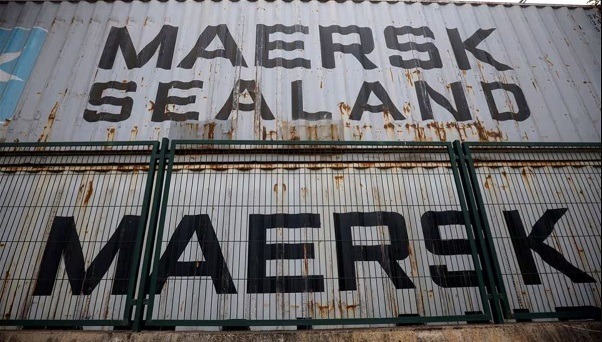A number of container ships are anchored in the Red Sea and others have turned off tracking systems as traders adjust routes and prices in response to maritime attacks by Yemen’s Iran-aligned Houthis on the world’s main East-West trade route.
Attacks in recent days on ships in the major Red Sea shipping route have raised the spectre of another bout of disruption to international commerce following the upheaval of the COVID-19 pandemic and prompted a US-led international force to patrol waters near Yemen.
The Red Sea is linked to the Mediterranean by the Suez Canal, which creates the shortest shipping route between Europe and Asia. About 12% of world shipping traffic transits the canal.
Major shippers including Hapag Lloyd, MSC and Maersk, oil major BP and oil tanker group Frontline have said they will be avoiding the Red Sea route and re-routing via southern Africa’s Cape of Good Hope.
But many ships are still plying the waterway. Several ships underway have armed guards on board, LSEG data showed.
At least 11 container ships that had passed through Suez and were approaching Yemen carrying consumer goods and grains bound for countries including Singapore, Malaysia and the United Arab Emirates, are now anchored in the Red Sea between Sudan and Saudi Arabia, LSEG ship tracking data showed.
Four MSC container ships in the Red Sea have had their transponders turned off since December 17, the data showed, likely to avoid detection.
Some vessels are attempting to mask their positions by pinging on other locations, as a safety precaution when entering the Yemen coastline, said Ioannis Papadimitriou, senior freight analyst at Vortexa.
BP halts gas, oil shipments via Red Sea following Houthi attacks on vessels:
Denmark’s Maersk on Friday paused all container shipments through the Red Sea following a “near-miss incident” involving its vessel Maersk Gibraltar a day earlier. A number of the ships at anchor in the Red Sea are Maersk vessels, LSEG data showed.
On Tuesday it said vessels previously paused and due to sail through the southern Red Sea and the Gulf of Aden would be rerouted around Africa.
The Iran-backed Houthis, who say they are supporting Palestinians under siege by Israel in the Gaza Strip, have waded into the Israel-Hamas conflict by attacking vessels in vital shipping lanes and even firing drones and missiles at Israel, more than 1 000 miles from the Yemeni capital Sanaa.
Houthis attacked two commercial shipping vessels in the southern Red Sea yesterday. Industry sources say the impact on global trade will depend on how long the crisis persists, but insurance premiums and longer routes would be immediate burdens.
Vortexa’s Papadimitriou on Tuesday said the price of a Suezmax to carry crude from the Middle East to Europe has risen 25% in a week.
The disruption to energy flows in the Red Sea is unlikely to have large effects on crude and liquefied natural gas prices, Goldman Sachs said on Monday, as vessels can be redirected.
“We do estimate that a hypothetical prolonged redirection of all 7 million barrels per day of gross (Northbound and Southbound) oil flows would raise spot crude prices relative to long-dated prices by $3-4/per barrel,” the investment bank said.
An Asian buyer of naphtha, a petrochemical feedstock imported from Europe, said their vessels were still using the Red Sea route as it would take another 7-14 days to re-route via Cape of Good Hope.
Some oil tanker owners are inserting a new clause to include a Cape of Good Hope option into their shipping contracts as a precautionary measure, shipbrokers said.
A person familiar with Alibaba’s Cainiao logistics arm said they may see slightly longer delivery times and shipping fees, but overall the re-routing would have little impact on business.






